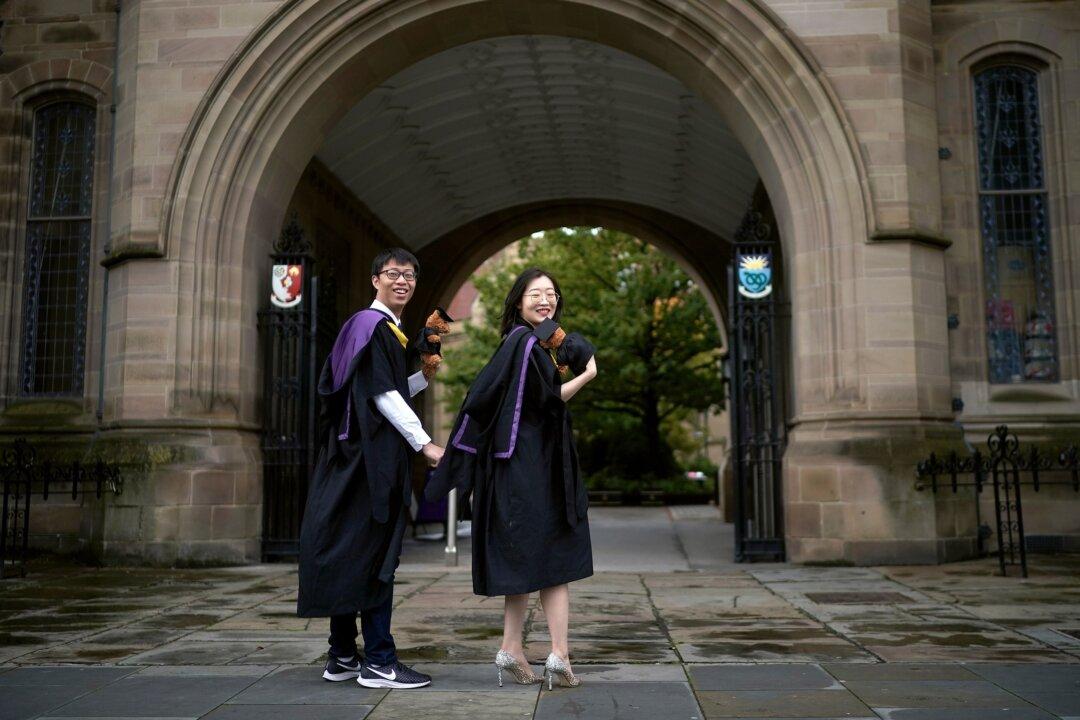As students across the country await their A-level results, the head of higher education admission service UCAS said the UK should welcome international undergraduate applicants.
Around 13 percent of those who apply for undergraduate courses in Britain are overseas students. Chief executive of UCAS, Clare Marchant, said the number is unlikely to change when the A-level results come out on Thursday.





